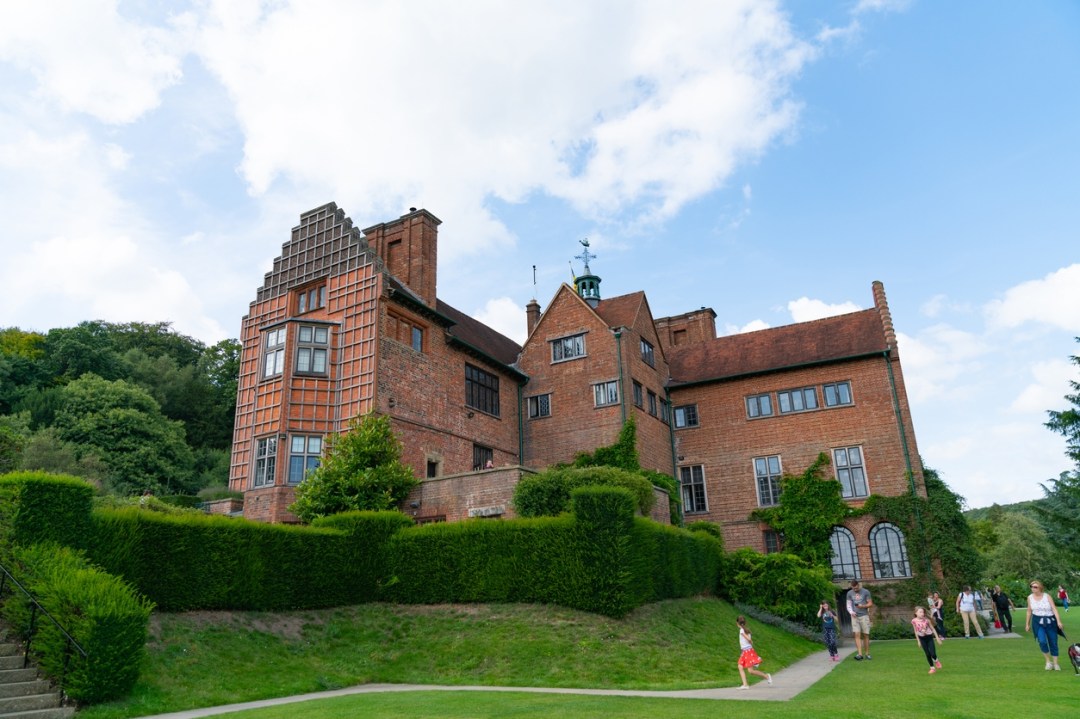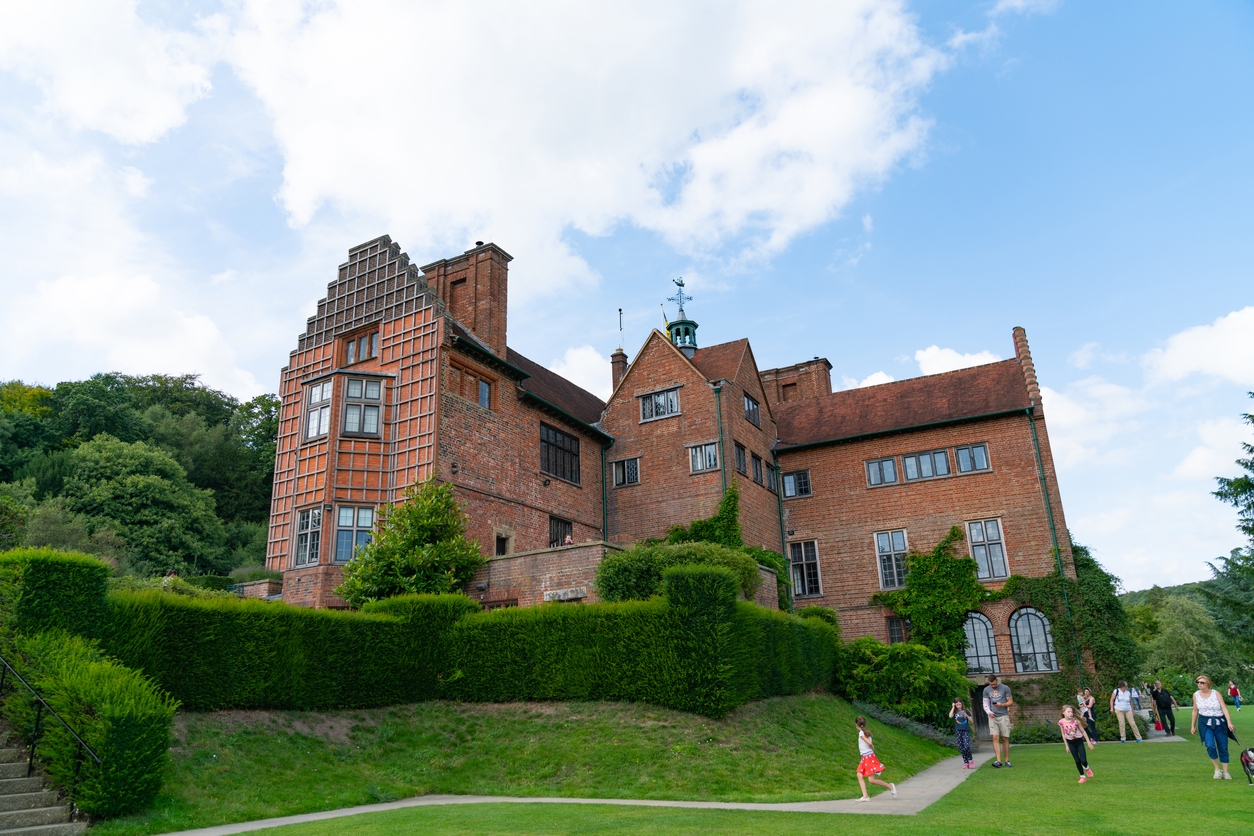In the National Trust’s recent interim report, ‘Addressing our histories of colonialism and historic slavery’, nothing caused more controversy than its unfavourable mention of Winston Churchill, whose country house, Chartwell, it owns. The entry said that the British government’s response to the Bengal famine when he was prime minister was ‘heavily criticised’. It failed to mention that he was fighting Hitler at the time. It also said that he wrote to his successor, Clement Attlee, in 1947, to oppose the independence of India. In my Daily Telegraph column on Tuesday, I pointed out that this latter point was highly misleading, since Churchill supported full self-government for India, but sought dominion status — allegiance to the British crown — along the same lines as self-governing Canada and Australia, rather than formal independence. Since writing, I have noticed other National Trust moves.
On 22 September, the Trust’s director of communications, Celia Richardson, tweeted a call for support against the critics: ‘This week a short factual reference to Churchill in a colonial history report led to calls for our 125 year old organisation to be boycotted & defunded.’










Comments
Join the debate for just $5 for 3 months
Be part of the conversation with other Spectator readers by getting your first three months for $5.
UNLOCK ACCESS Just $5 for 3 monthsAlready a subscriber? Log in